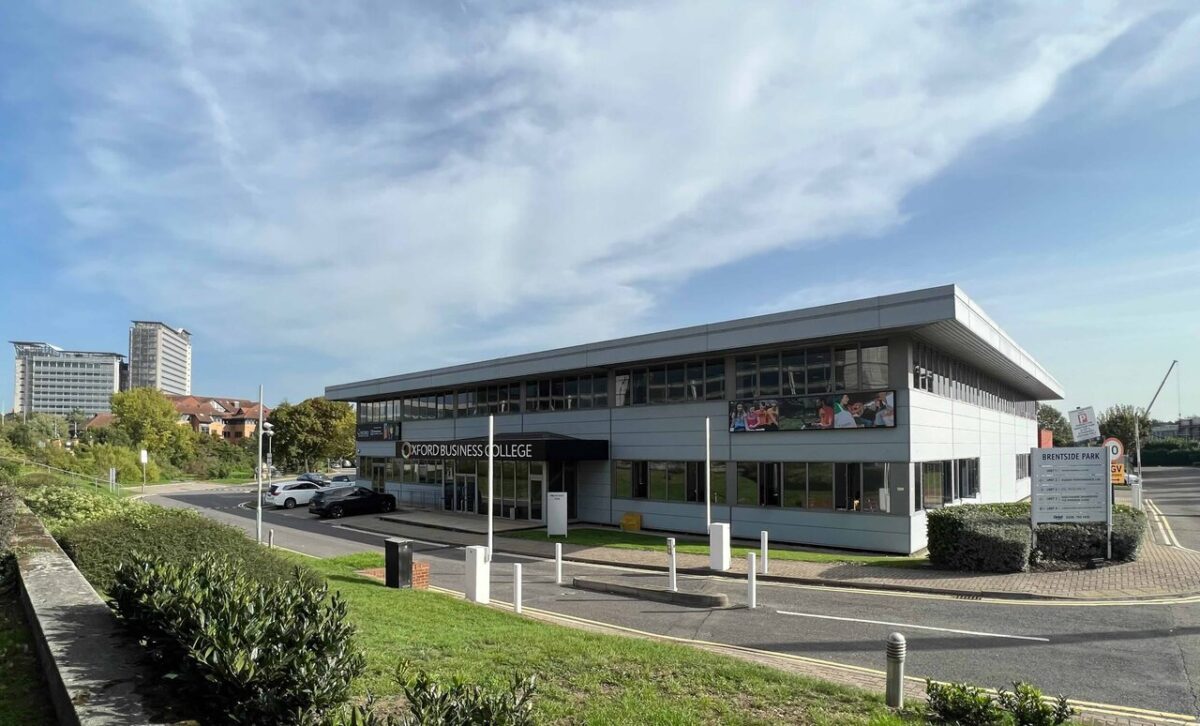Petitions Committee to undertake investigations on the impact of COVID-19 on students as part of ongoing Coronavirus inquiry

On Thursday 7 May, the Petitions Committee is holding two formal oral evidence sessions on the impact on students and universities and calls for the extension of paid maternity leave in light of the coronavirus crisis. The evidence sessions form part of the Committee’s ongoing inquiry into COVID-19.
The evidence sessions come following growing public concern about the impact of coronavirus. In recent months, a series of parliamentary petitions relating to the outbreak have received more than 3.3 million signatures.
The first session will run from 14:30-15:30 and will focus on the petition to extend maternity leave by three months with pay in light of COVID-19, which has received over 200,000 signatures.
The second session will run from 15:30-16:30 and will focus on the impact of coronavirus on students and universities after over 330,000 people signed a petition to reimburse all students of this year’s fees due to strikes and COVID-19.
The Committee will be hearing the creator of the petition, Sophie Quinn, National President of the National Union of Students, Zamzam Ibrahim, General Secretary of the Universities and Colleges Union, Dr Jo Grady and Professor Julia Buckingham CBE, President of Universities UK and Vice-Chancellor of Brunel University London. Other petitions on similar issues have over 283,000 signatures.
This issue has also seen high levels of engagement with over 23,000 petitioners completing an online survey, alongside other engagement through a post on the Student Room forum.
Responding to the student fees petition, the Government said:
“Government recognises that students are very concerned by this unprecedented situation. We are working with universities and students to support them and enable students to complete their studies.”
The evidence sessions, which will be led by Petitions Committee Chair Catherine McKinnell MP, will explore the overarching issues raised by these petitions and will help the Committee better understand these issues and inform their constructive scrutiny of the Government on behalf of petitioners.
The evidence sessions will start from 14:30 on Thursday 7 May. The session will be broadcast live on Parliament TV.
The Petitions Committee is set up by the House of Commons to look at e-petitions and public (paper) petitions. It can:
- ask for more information in writing—from petitioners, the Government, or other relevant people or organisations
- ask for more information in person—from petitioners, the Government, or other relevant people or organisations. This might be in Parliament or somewhere else in the UK
- write to the Government or another public body to press for action on a petition
- ask another parliamentary committee to look into the topic raised by a petition
- put forward petitions for debate in the House of Commons
The Committee is currently made up of 11 backbench Members of Parliament from Government and Opposition parties. The number of seats each party has is calculated to reflect the membership of the House as a whole. The Chair of the Committee was elected on 29 January 2020. The members of the Committee are:
- Catherine McKinnell (Chair) – Labour
- Martyn Day – Scottish National Party
- Elliot Colburn – Conservative
- Steve Double – Conservative
- Chris Evans – Labour
- Katherine Fletcher – Conservative
- Nick Fletcher – Conservative
- Mike Hill – Labour
- Tom Hunt – Conservative
- Kerry McCarthy – Labour
- Theresa Villiers – Conservative














Responses